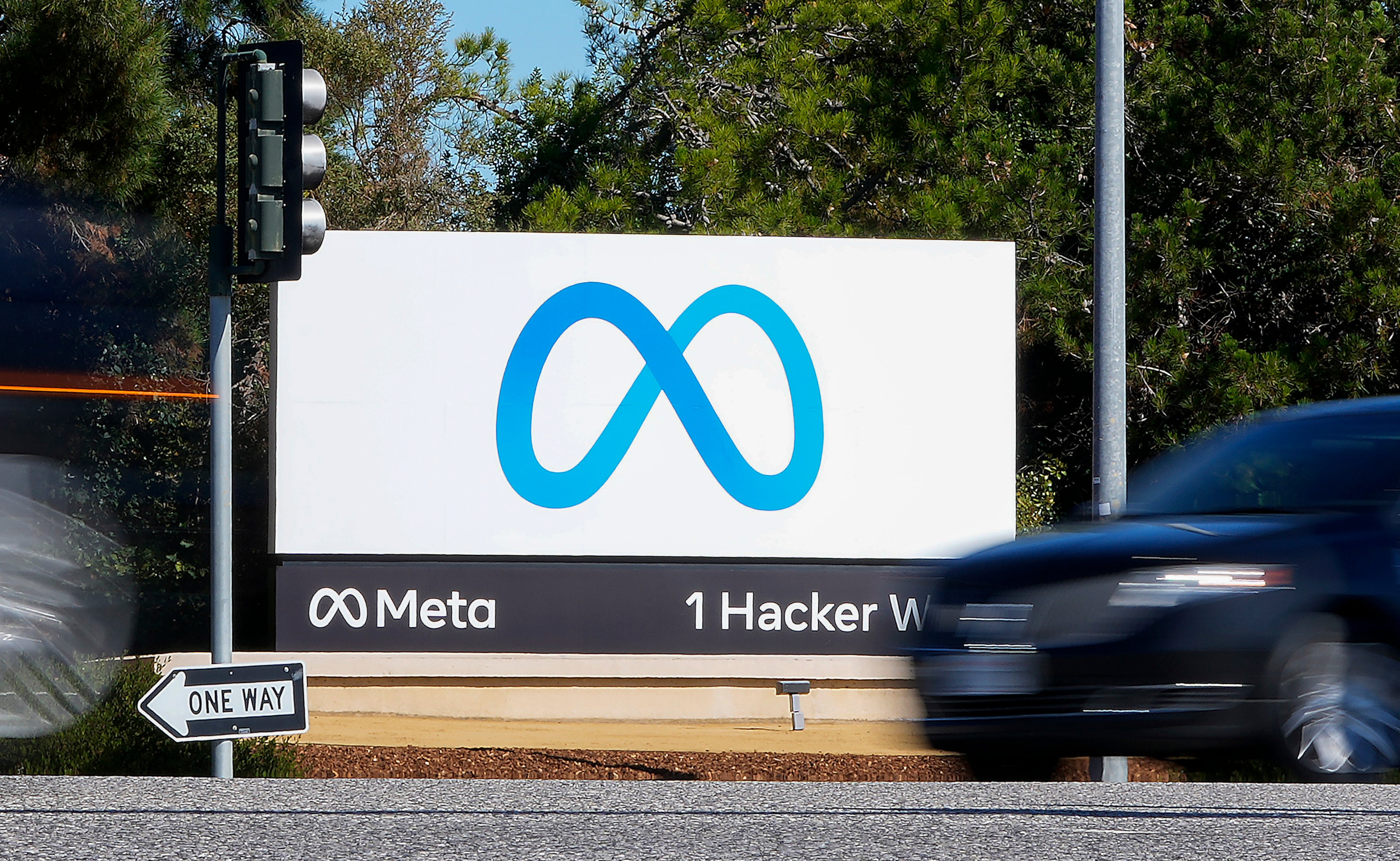Meta hits back in fight with FTC over VR company acquisition
Facebook parent Meta struck back in its legal battle with federal regulators over its proposed acquisition of virtual-reality company Within Unlimited and its fitness app Supernatural

Your support helps us to tell the story
From reproductive rights to climate change to Big Tech, The Independent is on the ground when the story is developing. Whether it's investigating the financials of Elon Musk's pro-Trump PAC or producing our latest documentary, 'The A Word', which shines a light on the American women fighting for reproductive rights, we know how important it is to parse out the facts from the messaging.
At such a critical moment in US history, we need reporters on the ground. Your donation allows us to keep sending journalists to speak to both sides of the story.
The Independent is trusted by Americans across the entire political spectrum. And unlike many other quality news outlets, we choose not to lock Americans out of our reporting and analysis with paywalls. We believe quality journalism should be available to everyone, paid for by those who can afford it.
Your support makes all the difference.Federal regulators and Facebook parent Meta are battling over Meta’s proposed acquisition of virtual-reality company Within Unlimited and its fitness app Supernatural.
In a landmark legal challenge to a Big Tech merger, the Federal Trade Commission is suing to block the deal, asserting it would hurt competition and violate antitrust laws.
Meta struck back Thursday, asking a federal court in San Jose, California, to dismiss the FTC’s July request for an injunction against the acquisition.
The tech giant said in its court filing that the government failed to establish that the virtual-reality market is concentrated with high barriers to entry. The claims in the agency’s lawsuit “are nothing more than the FTC’s speculation about what Meta might have done,” the company says. It asserts that the FTC failed to meet two key legal standards set in previous cases.
The FTC’s vote last summer to seek to block the Within acquisition was 3-2, with Chair Lina Khan and the other two Democratic commissioners approving it and the two Republicans opposed.
Under the leadership of CEO Mark Zuckerberg, Meta began a campaign to conquer virtual reality in 2014 with its acquisition of headset maker Oculus VR. Since then, Meta’s VR headsets have become the cornerstone of its growth in the virtual reality space, the FTC noted in its suit. Fueled by the popularity of its top-selling Quest headsets, Meta’s Quest Store has become a leading U.S. app platform with more than 400 apps available to download, according to the agency.
Meta bought seven of the most successful virtual-reality development studios, and now has one of the largest virtual-reality content catalogs in the world, the FTC says. Its acquisition of the Beat Games studio gave Meta control of the popular app Beat Saber.
In its suit against the Within acquisition, the FTC cited a 2015 email from Zuckerberg to key Facebook executives saying that his vision for “the next wave of computing” was control of apps as well as the platform on which those apps are distributed. The email says a key part of this strategy is for the company to be “completely ubiquitous in killer apps,” which are apps that prove the value of the technology.
Zuckerberg announced ambitious plans a year ago to build the “metaverse” — a virtual-reality construct intended to supplant the internet, merge virtual life with real life and create endless new playgrounds for everyone.
On Tuesday, the company based in Menlo Park, California, unveiled a $1,500 virtual reality headset in the hope that people will soon be using it to work and play in the metaverse.
The action marked a new FTC salvo against Meta — the owner of Instagram, Messenger and WhatsApp in addition to Facebook — in the agency’s drive against what it views as anticompetitive conduct in the tech industry.
The FTC filed an antitrust lawsuit against Facebook in late 2020. With that action, the agency is seeking remedies that could include a forced spinoff of Instagram and WhatsApp, or a restructuring of the company.